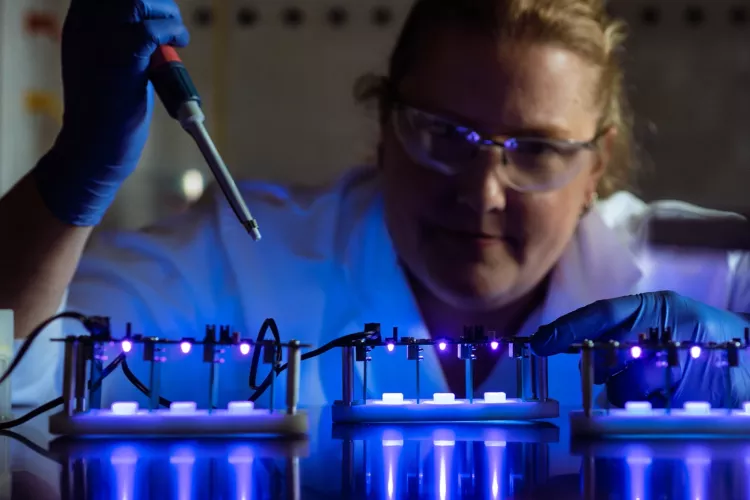UofL researchers earn $16.4 million to explore impact of environment on diabetes, obesity
October 2, 2024A team of researchers at the University of Louisville has garnered $16.4 million from the National Institutes of Health to explore several angles related to how different aspects of our environment contribute to the development or health impacts of diabetes and obesity.
“More than 90 million adults in the United States are obese and more than 30 million adults suffer from diabetes. Our faculty, staff and students work every day to understand the causes and impacts of both so that we can develop the next generation of preventions, cures and treatments,” said UofL President Neeli Bendapudi, PhD. “This group of dynamic researchers now is looking at how our environment, in the broadest sense of the word, plays a role. This understanding has the potential to change not just people in Louisville, but literally the world. This is some of what makes UofL a great place to learn, work and invest.”
Aruni Bhatnagar, PhD, director of the UofL Diabetes and Obesity Center and the recently created Envirome Institute, which houses the Diabetes and Obesity Center, earned a competitive renewal grant that provides funding for essential core programs for all researchers in the center. Additionally, the center grant helps set the director of the research with an emphasis on metabolic and inflammatory mechanisms leading to diabetes, obesity and insulin resistance; stem cell biology; and environmental determinants of cardiometabolic disease. This marks the second successful five-year renewal that Bhatnagar has earned.
Petra Haberzettl, PhD, assistant professor of medicine, and Bradford Hill, PhD, associate professor of medicine, received funding to examine the effects of air pollution on stem cell health.
Jason Hellman, PhD, assistant professor of medicine, received funding to explore how exercise can reduce inflammation. His previous work has shown previously uncovered new mechanisms of sustained inflammation in atherosclerotic lesions in diet-induced obesity.
Matt Nystoriak, PhD, assistant professor of medicine, received support to study how the molecule carnosine can be activated in protecting humans against airborne particulate matter.
Timothy O’Toole, PhD, assistant professor of medicine, earned a competitive renewal grant to gain a better understanding of how diabetic conditions and pollutant exposure affects small pieces of genetic materials that line blood vessels.
Related News



